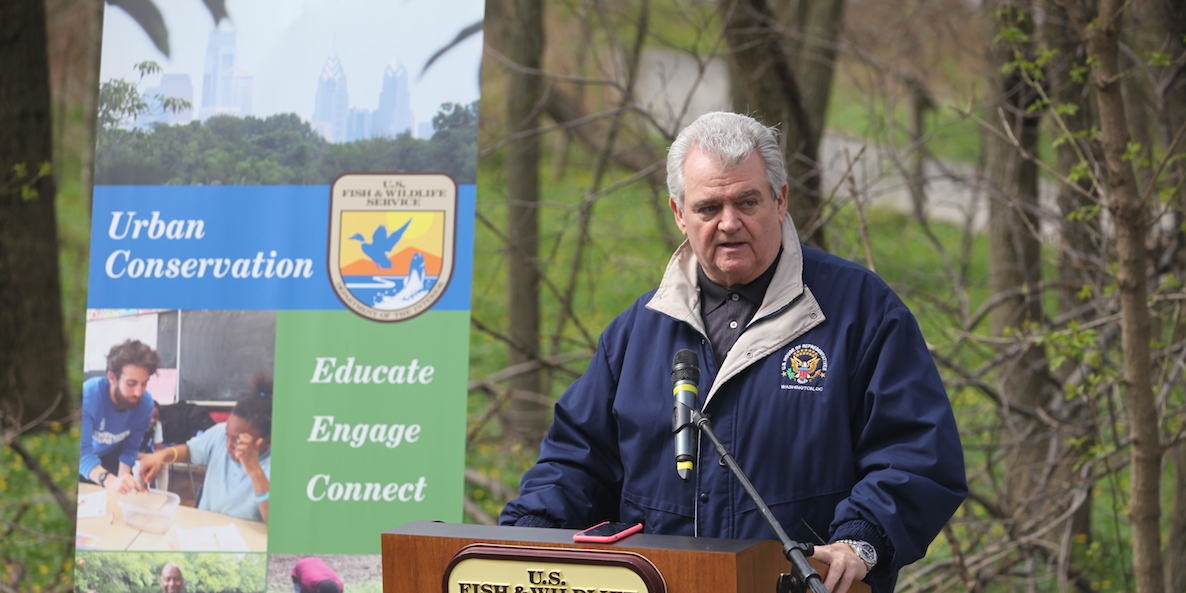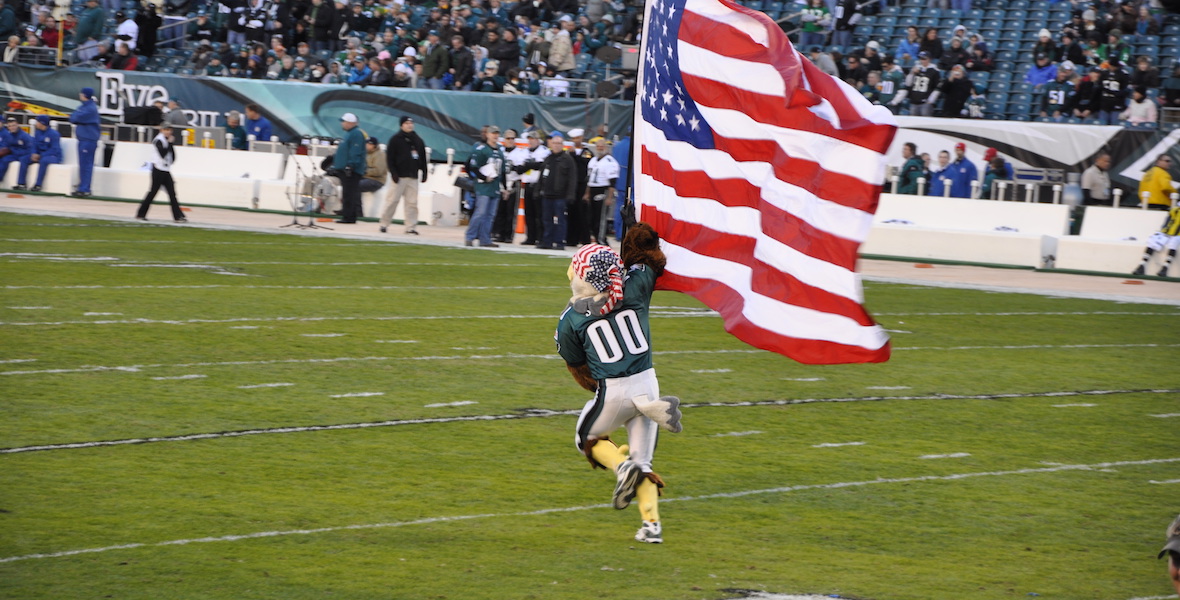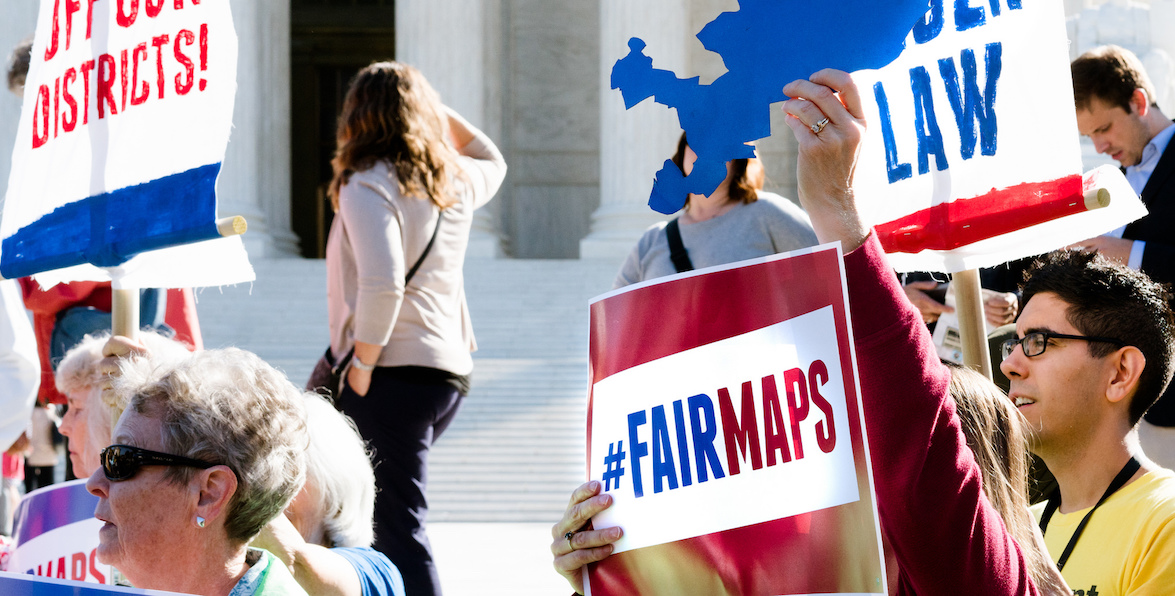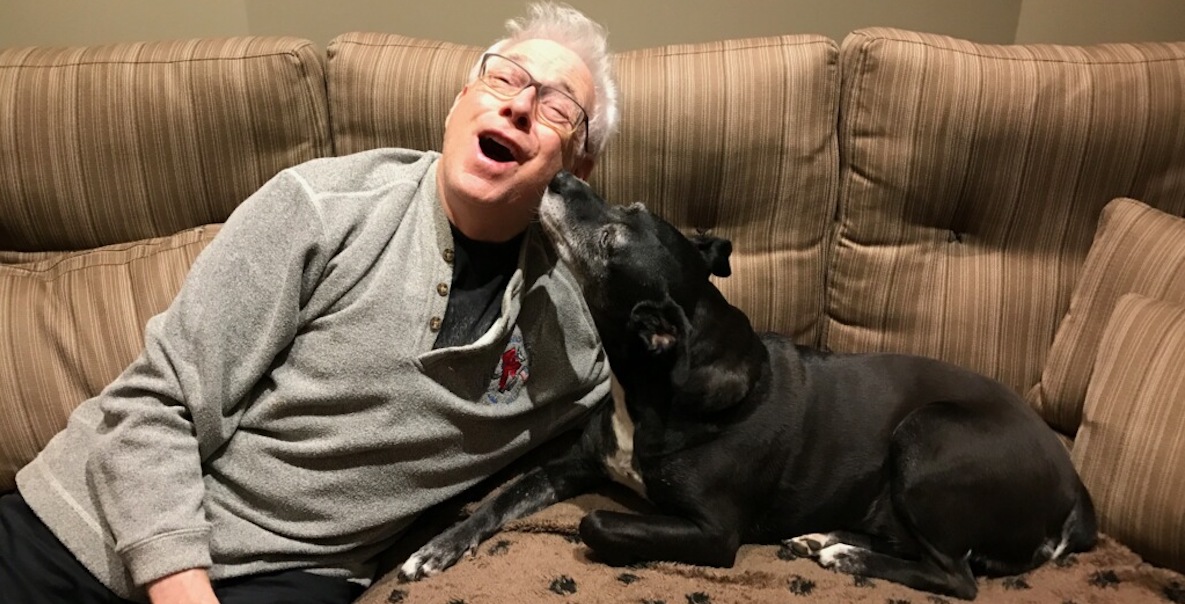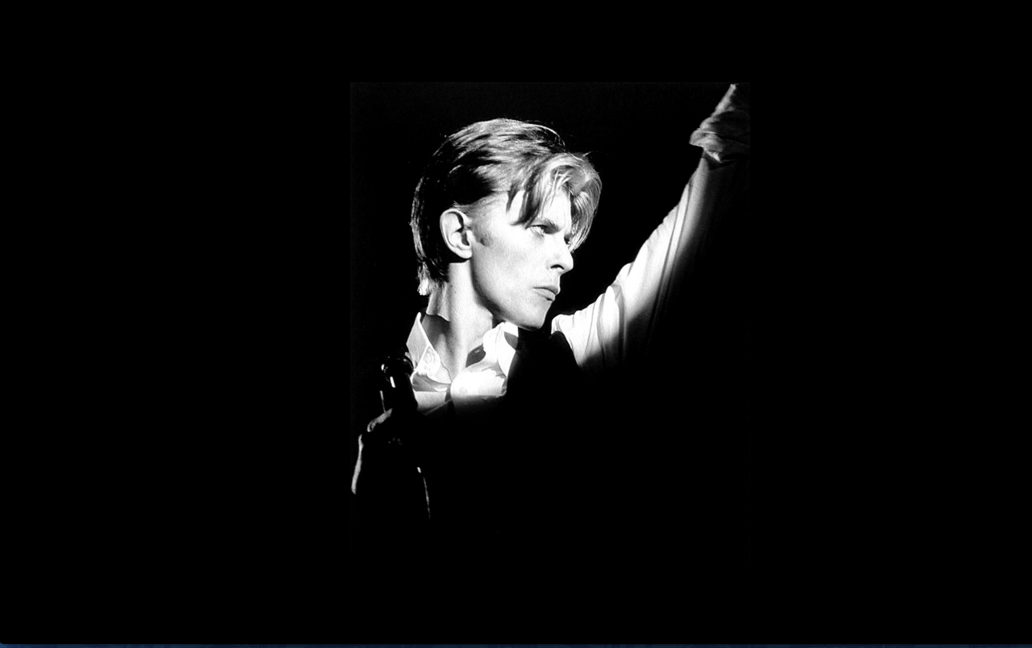Once or twice a year, I meet Larry Magid for lunch, and he indulges me by playing a game: I mention an artist, and he tells me a story about them.
Magid, of course, is the legendary concert promoter and rock and roll impresario, the founder of Electric Factory concerts, godfather of the ‘60s and ‘70s counterculture. His Electric Factory—first the club, then the concerts—took on the establishment in Philly and forever changed it. He stared down Frank Rizzo, mentored Bruce Springsteen, and made sure Janis Joplin had her bottle of Southern Comfort when she took the stage. He had partners—the Spivak brothers—but it was Magid who was the pied piper for a generation of kids who, in the age of peace signs and psychedelics, were all going through a soul-searching identity crisis together.
Be Part of the Solution
Become a Citizen member.This month, Magid’s Electric Factory turns 50, and over 400 of the long-haired, tie-dye wearing freaks who worked for him reconvened last Friday night at the venue on North 7th Street bearing his company’s name to compare hazy memories and catch up on their lives.
To mark the occasion, Magid has made a series of unique donations to his alma mater, Temple University. He has endowed scholarships of $1 million each in the names of three of his closest friends and collaborators: Billy Crystal, whose Tony award-winning Broadway show 700 Sundays Magid produced; Bette Midler; and Bruce Springsteen, who was once marched by Magid into the upper deck of an empty JFK Stadium in an effort to convince the young rocker from Asbury Park that he could, in fact, perform in front of 90,000 fans —arena concerts, like dance concerts, having been one of many Magid innovations. Moved by Eagle Chris Long’s donation of his salary to educational nonprofits, Magid has underwritten another $1 million scholarship in Long’s name.
Magid is pushing 75 now; he’s soft-spoken, hardly reconcilable with his reputation as a hard-driving West Philly street-kid turned business macher in the lawless world of rock-and-roll. When I caught up with him a few weeks ago for lunch at a.kitchen in Center City, he couldn’t wait to reconnect with the kids who decades ago were with him on the frontlines of a social movement with a rocking soundtrack, like the two 19-year-old girls who, one day, jumped into a convertible and made their way cross-country. “Their names really were Thelma and Louise,” he says, smiling wistfully. “The music set everybody free. It was a time when anything was possible.”
He’s never sought the spotlight; even during its heyday, Electric Factory promoted its shows, not its founders. “You can’t make yourself more important than the show,” Magid used to say when declining interview requests. That reticence made it easy, over the years, to lose sight of Magid’s contribution. About a decade ago, baseball star Chase Utley told me about this very cool older couple he and his wife Jen had met in their Washington Square condo building, Larry and Mickey, with whom they’d had dinner.
“Wait,” I said. “Larry Magid?”
“Yeah, you know him?” Jen asked.
“You guys ever been to a rock concert?” I asked. Chase nodded.
“Well,” I said, “he invented that.”
It’s not that much of a stretch. The guy helped reinvent an industry and changed pop culture in the process. In addition to “general admission seating” (we called them dance concerts) and arena concerts, Magid had the idea for a three-day peace-and-love rock-music festival in 1969; it was the Atlantic City Pop Festival, featuring acts like Crosby, Stills and Nash and Creedence Clearwater Revival, and it took place two weeks before Woodstock.
![]()
Live Aid? He produced it, along with that other legendary promoter, Californian Bill Graham. Unlike Graham, who died in 1991 and was the subject of a National Museum of Jewish History exhibition in 2016, Magid has never gotten his due, and I can’t help but suspect that has something to do not only with his shunning of the spotlight, but also with where he’s always chosen to live and work. Had Magid done what he’s done in New York or Los Angeles, he’d be mentioned in the same breath as guys like Graham, producer David Geffen, and manager Irving Azoff—businessmen who changed pop music and the wider zeitgeist, as well.
And that’s too bad, because this is a guy who has lived a life. The epic nature of it alone deserves our genuflection. Getting to our game, I blurt out: “The Stones.”
“July 4, 1975,” Magid says. “Memphis, Tennessee. Mick gets it in his head that he wants to come on stage riding an elephant. I had to scour the country, and finally found some elephants through a Ringling Brothers troupe in Minnesota. But when we tried to get them on stage, the stage collapsed. Years later, I run into Mick in Paris. ‘I don’t know what I was thinking about with that elephant,’ he said.”
I think for a minute. “Van Morrison,” I say.
“Robbie Robertson calls me, says the Band needs Van to open for them on tour,” he says. “Van was a drinker. I’d put an organ in his dressing room and lock him in there before he went on. One night on the tour, he got out and climbed through a tiny window and disappeared. He found a bar and came stumbling back. We rushed him on stage, where he almost strangled himself with the microphone cord.”
Like most aging rockers, there are no regrets in Magid’s stories, just characters and tall tales. Actually, there is one, closer to home: “I hired a lot of people, but I regret not hiring one young guy, because I thought to myself, ‘He doesn’t want to work for me, he wants to be my partner,’” Magid says. “His name was Stephen Starr.” It’s a partnership that might not be that far-fetched these days; the two have talked about opening an old-time nightclub together.
![]() I love my lunches with Larry, and I don’t think it’s just because of the stories starring boldface names. It’s because here is someone, right across from me, who helped turn pop music into a 20th-century art form, someone who, far from forgetting his roots, revels in them. He still keeps in touch with the guys from his formative West Philly street corner days, having underwritten elementary school, junior high school and neighborhood 50-year reunions.
I love my lunches with Larry, and I don’t think it’s just because of the stories starring boldface names. It’s because here is someone, right across from me, who helped turn pop music into a 20th-century art form, someone who, far from forgetting his roots, revels in them. He still keeps in touch with the guys from his formative West Philly street corner days, having underwritten elementary school, junior high school and neighborhood 50-year reunions.
In the music industry, Magid earned a hard-bitten reputation; he’s been called ruthless and an SOB. But those buddies he grew up with? The recipients of all those scholarships—11 in all—at Temple? The artists, like David Bowie, who he mentored and shielded from business headaches so they could change the world? All the members of the Electric Factory family who came back to Philly last week to toast what they’d all built? They’d just call him a mensch.
Towards the end of our lunch, Magid acknowledges that, back in the day, he was so intensely focused that he could be hard on his employees. Yet, he made it a point to stop in every one’s office everyday and just have a conversation, check in with them.
![]()
It reminded me that, after I’d written similar musings about him in The Inquirer four years ago, I’d gotten a call from Lou DeVlieger, a one-time Electric Factory security guard who had gone on to become the superintendent of the Upper Darby School District. Magid had taught him everything he ever needed to know about management, DeVlieger said. “I was just a security guard, standing outside the club at 2 in the morning,” he said, “but every night, Larry Magid would come out and have a cigarette with me and ask about my family. I never forgot that.”
I start to tell Magid about the call now, but he cuts me off as soon as he hears that a security guard had reached out. “Lou DeVlieger?” he asks, eyes widening, reminded of yet another long-ago member of his flock.



